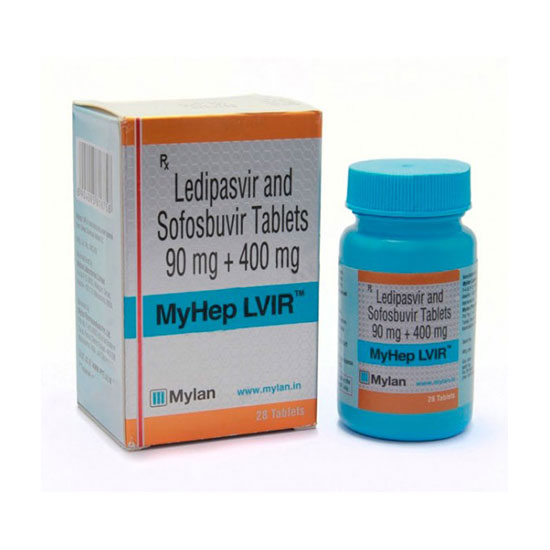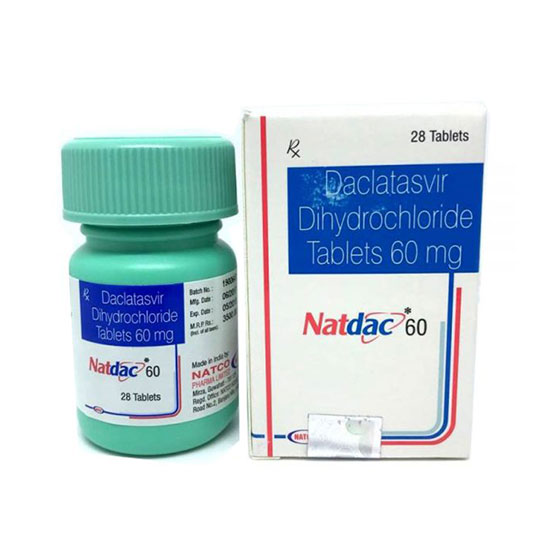Hepatitis
Hepatitis C is a liver disease caused by the hepatitis C virus: this virus can cause both acute and chronic hepatitis infection, which varies in severity from mild illness, lasting several weeks, to a serious lifelong disease.
- Hepatitis virus is transmitted with blood, and infection usually occurs as a result of exposure to a small amount of blood. This can happen with the use of injecting drugs, unsafe injections, the provision of unsafe medical care and the transfusion of untested blood and blood products.
- Globally, 71 million people suffer from chronic hepatitis C infection.
- A significant number of people with chronic infection will develop cirrhosis or liver cancer.
- Approximately 399,000 people die each year from hepatitis C, mainly from cirrhosis and hepatocellular carcinoma.
- With antiviral drugs, more than 95% of people with hepatitis C infection can be cured and thus reduce the risk of death from cancer and cirrhosis, but access to diagnosis and treatment is low.
- There is currently no hepatitis C vaccine, but research is in progress in this area






















